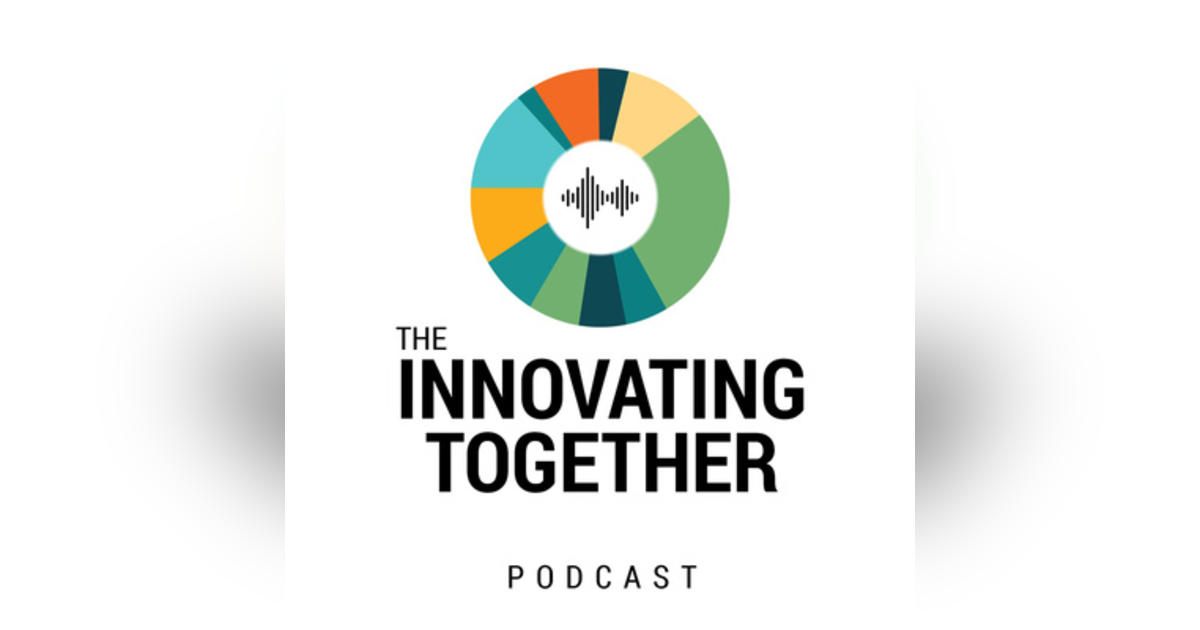Weekly Wisdom Interview with Michael Sorrell, College President of Paul Quinn College President

“Where does hope come from?” Paul Quinn College President, Michael Sorrell pondered in today's interview. President Sorrell unpacked his optimistic and honest message in the midst of extended COVID-19 variants affecting higher education. “We don’t know when it’s going to be over. What I can tell you is if this is our new reality, we will create a way to fly.”
We were told the pandemic might be a sprint. Then it might be a middle distance race. “Then it became apparent this might be a marathon,” President Sorrell shared, as he compared the pandemic to a race. He continued, “Folks are now beginning to ask, “Is this now my life? If this is my life, I don’t like it.” “Americans don’t like being told, “No,” or “to sacrifice.” We have to make peace with the fact that we have to be vaccinated. None of us have lived through a sustained national crisis. Pandemics evolve. We had no context for that. The CDC has been overwhelmed. Just when we think we can breathe, here comes Delta. We are going to function to preserve health and safety, and that’s going to make some people uncomfortable. We are going to delay the in-person meetings and make some compromises, but we will not compromise on tough decisions.”
Bridget asked President Sorrell, “Over the past two years as a leader, what strikes you the most in terms of change?” He responded, “My background was in crisis management. Crisis management is a very lonely place. What this sustained crisis has allowed me to do is to invest in my cabinet differently. For example, I created a chief administrative officer. She’s been with us for over a decade. I moved a significant segment of things under her authority. She is our “COVID-19 Czar.”
According to President Sorrell, COVID-19 has even changed the reasons people go to college. “There are many reasons people come to college. I can provide for my family better than if I don’t go.” Another reason why people used to go to college was for the “huge social dynamic with parties, fraternities, clubs, etc. but we can’t do that the same way now. This changes how people look at going to college. A different set of decision-making parameters. How do we, as institutions, respond to that? This is the third year that has been impacted by COVID-19. We are looking at a class of Seniors that COVID-19 is all they know. How you communicate why you should come is very different now.”
President Sorrell went into great detail with examples of the political upheaval in a divided America. He encouraged even small colleges to speak up to our legislatures regarding “fights that matter.” He summed it up by saying, “Given the pandemic, people don’t have the emotional bandwidth to manage. That’s where you need your leaders to provide the emotional bandwidth. I don’t think we’ve seen that at a level that would bring many people comfort.” Bridget asked, “How do you stay optimistic and focused as a leader with all of this noise?” President Sorrell responded, “We are going to win. Together we can create a plan to win. You don’t have to have a five point plan. I’m sitting on ideas that acknowledge the landscape has changed. Things aren’t coming back any time soon the way they were. By the time they do come back, students won’t remember. Staff will remember how it used to be. You build it, so people feel they can still win. ”

